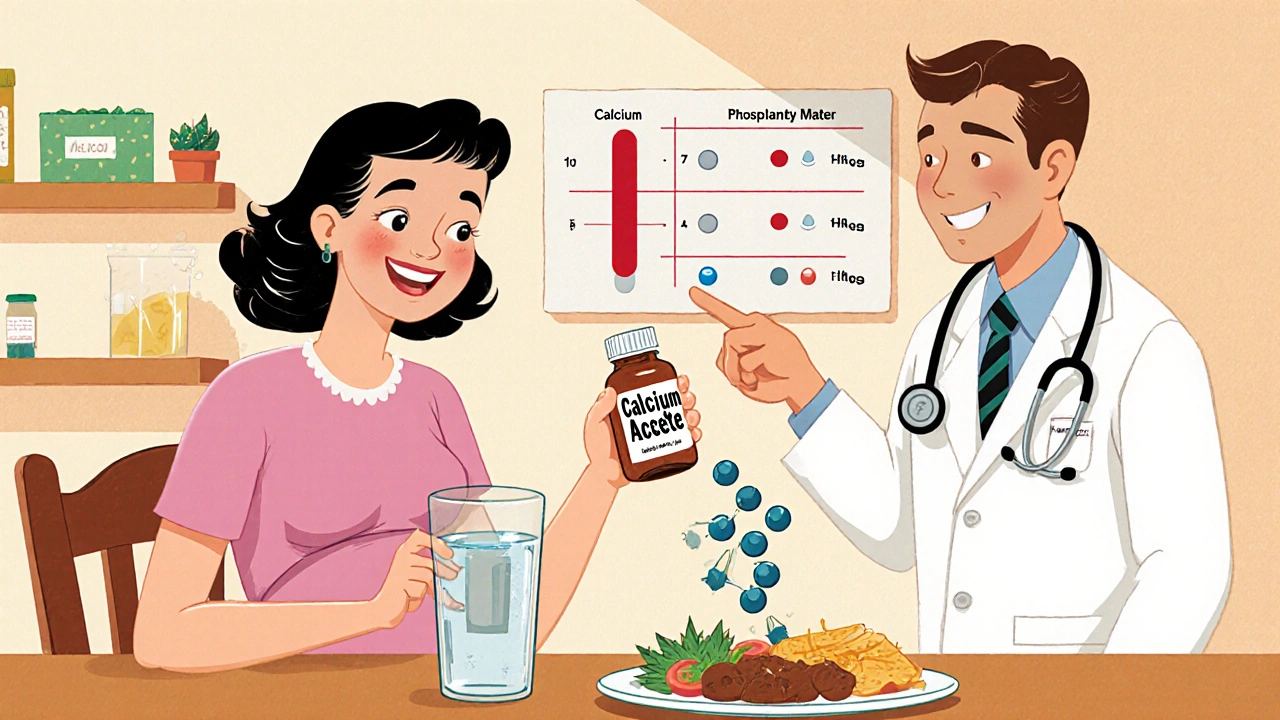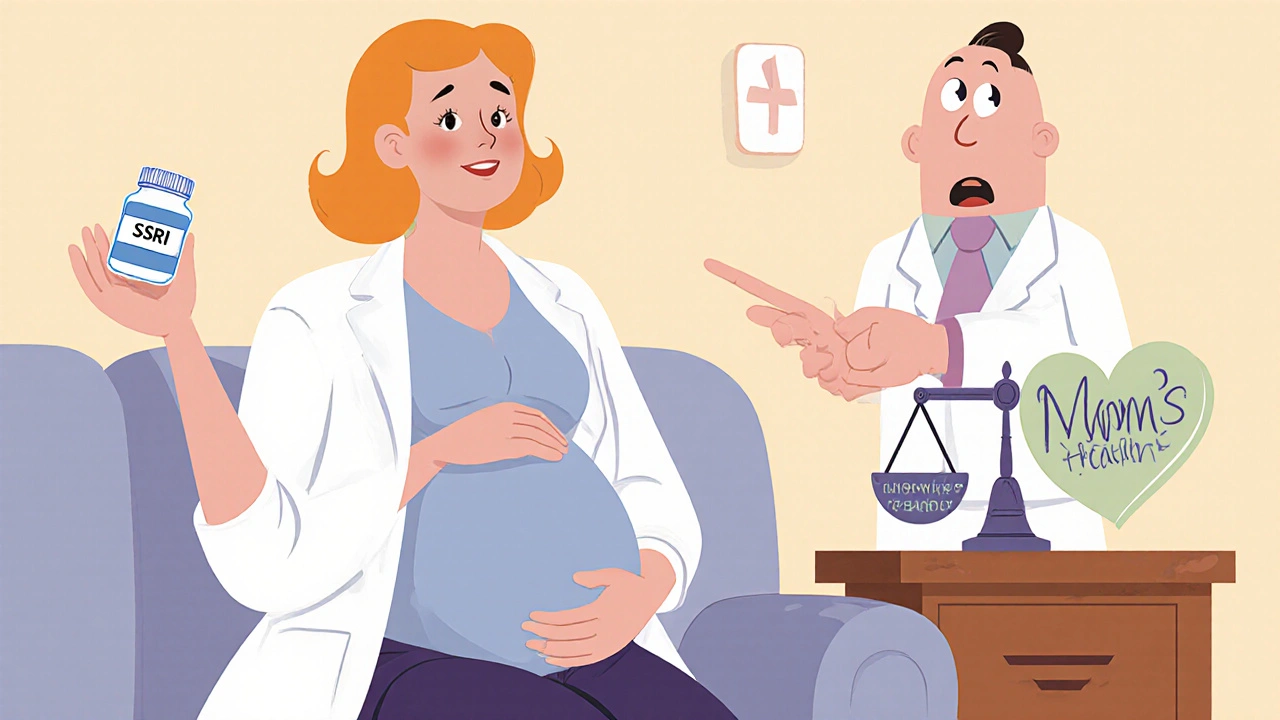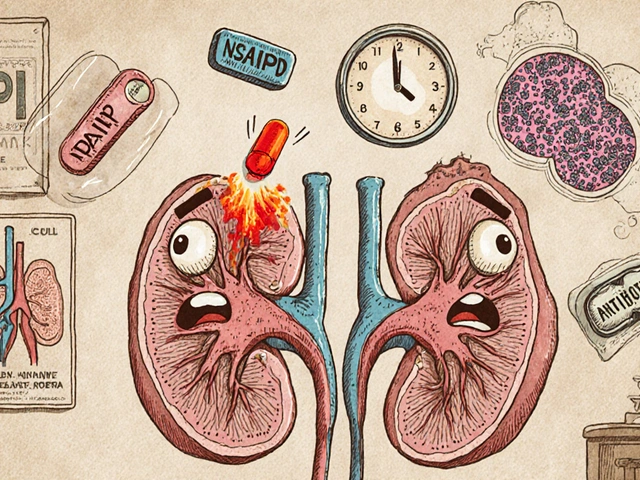Pregnancy – What You Need to Know About Meds and Health
Starting a pregnancy can feel like entering a new world of rules. One of the biggest worries is figuring out which medicines are safe and which aren’t. You don’t have to guess – most drugs fall into clear categories, and the same goes for vitamins and over‑the‑counter products. Below you’ll get straight‑forward answers that help you keep you and your baby safe.
Medications You Can Take Safely
First off, not every prescription is off‑limits. Doctors often continue blood‑pressure pills, thyroid meds, and insulin because stopping them can be riskier than the drug itself. If your doctor says a med is “category B” or “category C,” it means there’s data showing it’s generally okay when used correctly. Always double‑check dosage and timing – a lower dose might be fine while a higher one isn’t.
Common safe choices include prenatal vitamins with folic acid, acetaminophen for pain, and certain antibiotics like amoxicillin. When you need an anti‑inflammatory, talk to your pharmacist about alternatives; ibuprofen is usually avoided after the first trimester. And remember, any new prescription should come with a clear explanation of why it’s needed during pregnancy.
Supplements and Common Concerns
Supplements can be a gray area. While prenatal vitamins are a must, other over‑the‑counter products aren’t always tested for pregnant women. Iron, calcium, and vitamin D are usually recommended, but high doses of herbal extracts (like ginseng or St. John’s wort) might cause problems. If you’re considering a new supplement, ask your healthcare provider for a quick safety check before you start.
Morning sickness often leads people to reach for ginger or peppermint. Those are generally safe in modest amounts, but keep an eye on how much you use. For nausea that’s more severe, your doctor might prescribe a medication like doxylamine‑pyridoxine, which is specifically designed for pregnancy.
Beyond meds and supplements, staying hydrated, eating balanced meals, and getting regular prenatal check‑ups are the real foundations of a healthy pregnancy. If you ever feel unsure about a product, the safest move is to pause and ask a professional. That simple step can prevent a lot of worry later on.
Bottom line: most medications fall into clear safety zones, and you don’t have to live in fear. Keep a list of everything you take, share it with your doctor, and stick to proven safe options. With the right info, you can focus on the excitement of growing a new life rather than worrying about pills.






